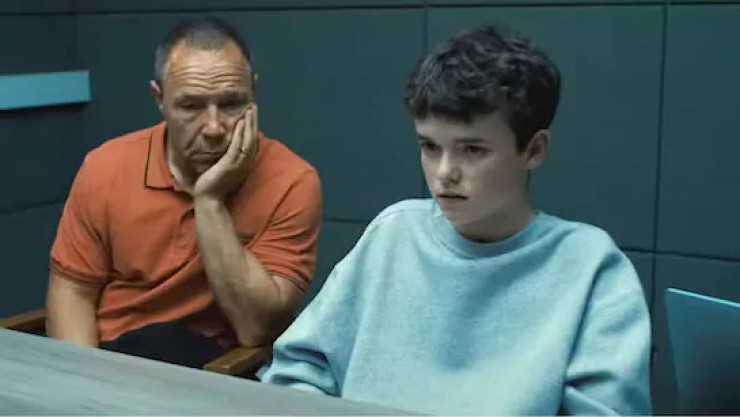Lobbying group Time’s Up UK is calling for an independent body to address the ‘grey space’ that enables inappropriate behaviour to occur in film and TV production.
Building on its work since allegations about disgraced Hollywood producer Harvey Weinstein were made public in 2018, the group has published a seven-point plan for the scope of an Independent Body for Film, Television and Theatre.
It wants to establish a safe space for victims of harassment, abuse and bullying to report incidents and to seek advice and for the industry as a whole to provide a unified and coherent response to such issues.
The body would also establish protocols for how these allegations should be addressed by individuals and the organisations or productions that they represent, and conduct confidential investigations when appropriate.
Bafta, which has faced criticism over its handling of claims it received about actor Noel Clarke prior to awarding him a lifetime achievement award, is backing Time's Up UK's move.
Chief executive Amanda Berry said Bafta supported the idea of a high-level summit to establish an industry-wide approach to responding to bullying and harassment allegations, supporting victims and create safer working conditions.
She said the academy is "accelerating its work with industry partners to encourage employers to adopt the bullying, harassment and racism prevention guidance that we developed in partnership with the BFI and other organisations in response to these issues”.
Time’s Up UK laid the groundwork for the body with legal firm Fieldfisher, which has represented Weinstein’s victims, in recognition that there are gaps in policy and provision for victims.
It would also have the power to conduct confidential investigations when judged appropriate and provide a framework that safeguards complainants. Time’s Up also issued a desire for the body to publish factual determinations and recommendations.
Time's Up UK: the scope of its proposed independent body
- A safe space for victims, both historic and current to seek to report matters and receive initial advice
- A body to refer complaints (anonymous or not) received by industry members
- Guidance to the sector when faced with allegations
- Mediation of complaints, for companies and individuals
- Where judged appropriate, and in particular where a pattern of behaviour emerges through reporting, the power to conduct confidential investigations into allegations of breach of applicable codes and guidelines
- A framework that safeguards complainants, but which also ensures fairness and justice
- Publication of factual determinations and recommendations
Time’s Up UK’s call for mandatory intimacy co-ordinators builds on Michaela Coel dedicating her best actress win at last weekend’s Baftas to Ita O’Brien, who advised on her series I May Destroy You.
Stating that productions that do not use intimacy co-ordinators demonstrate a “lack of mindfulness”, Coel paid tribute to O’Brien’s work: “Your direction was essential to my show and I believe essential for every production company that wants to make work exploring themes of consent.”
O’Brien, who also worked on Bafta-nominated drama series Normal People, Bridgerton, I Hate Suzie and Sex Education, said the industry is increasingly employing services of intimacy co-ordinators but that some productions treat it as a “box-ticking exercise”.



